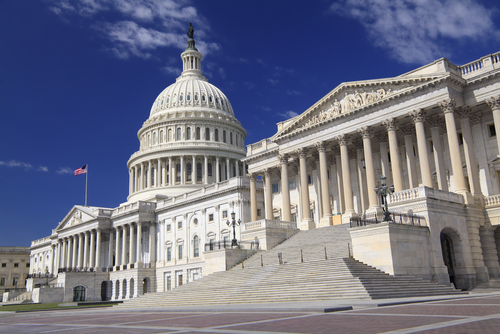
Global unity dream fades as nations choose independence
Listen To Story Above
Three and a half decades have passed since the historic fall of the Berlin Wall, a pivotal moment that signaled the beginning of the end for the Soviet Union. Although the USSR would continue to exist for two more years, historians widely regard this event as the decisive turning point that marked both its inevitable collapse and the conclusion of the Cold War era.
🚨🇩🇪 TESLA GIGA BERLIN: FACTORY OR ART GALLERY?
Elon wanted Giga Berlin’s concrete walls covered in graffiti, and Tesla delivered—using a robot muralist, because of course.
The robot sprays 10 million paint dots per wall using 12 cans, Kevlar cables, and a paint-shooting… https://t.co/RDqedJP3ot pic.twitter.com/775WDdtonK
— Mario Nawfal (@MarioNawfal) January 8, 2025
At the time, many observers and experts interpreted this watershed moment as more than just the end of a geopolitical era. There was a widespread belief that it would usher in a new phase of human history, one where traditional concepts of national borders and regional autonomy would gradually fade away, leading to the emergence of a unified global society.
35 years since the fall of the Berlin Wall https://t.co/dTKq66oxFM pic.twitter.com/YuG9MTVe0E
— Peter Wrangel (@PeterWrangel) February 25, 2025




